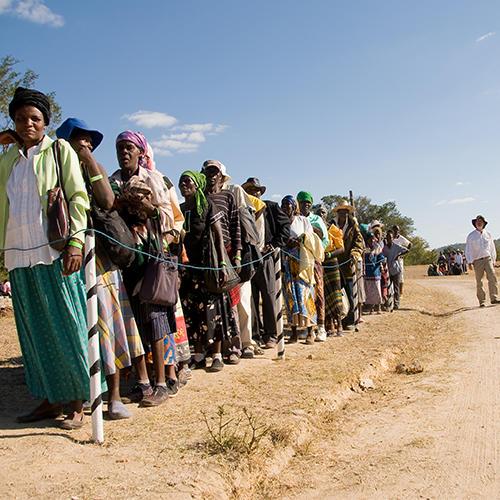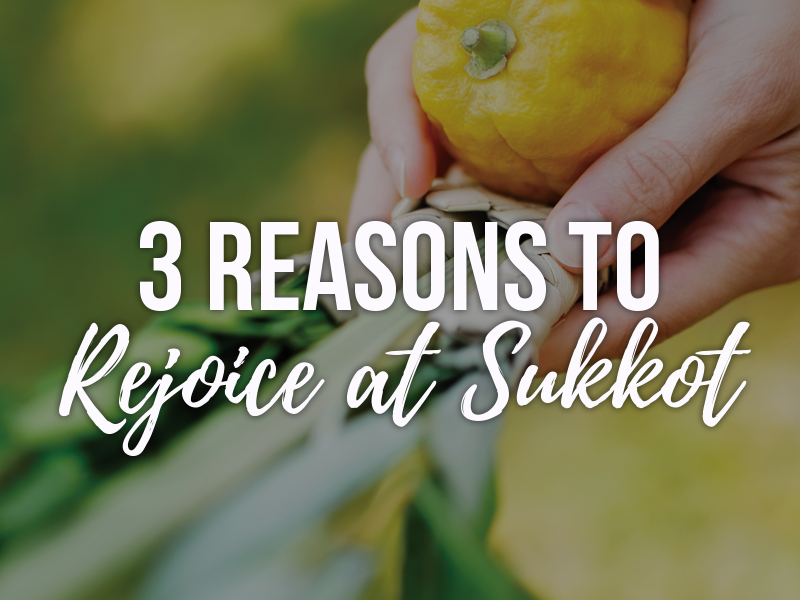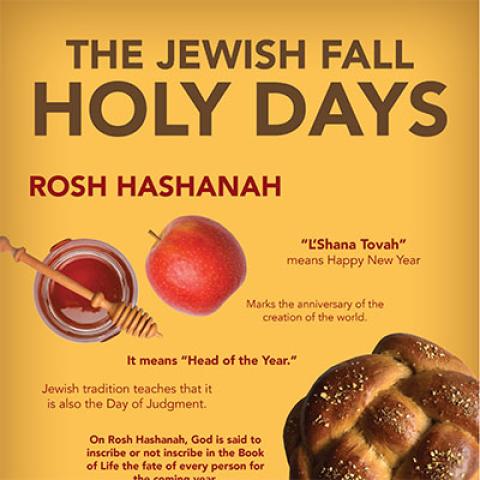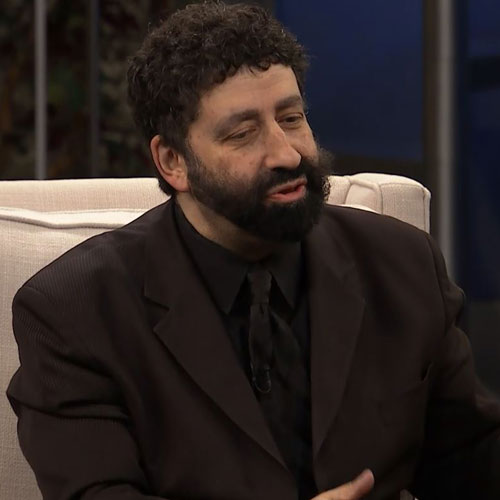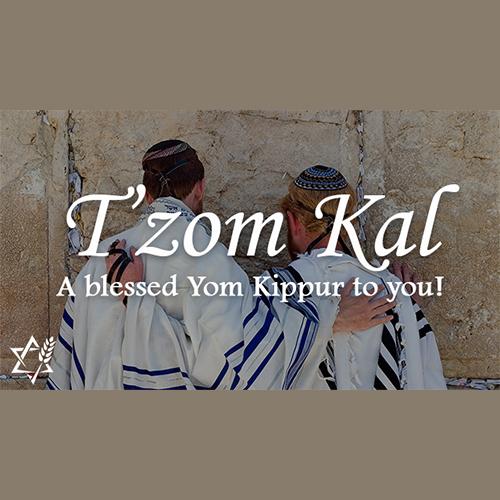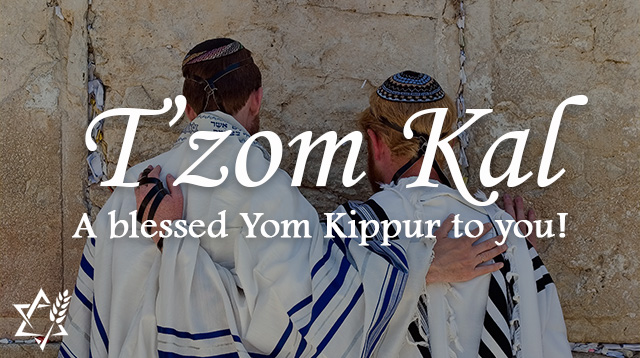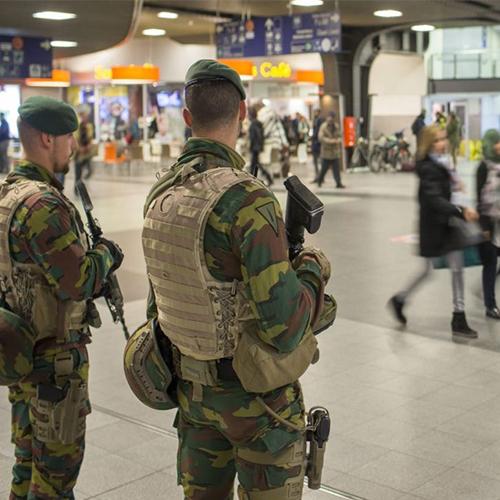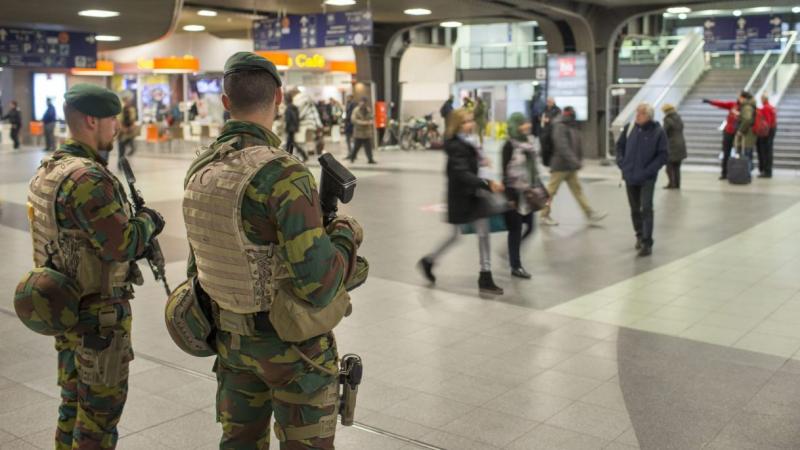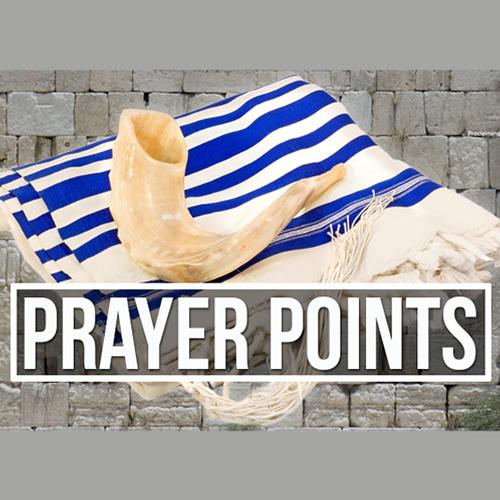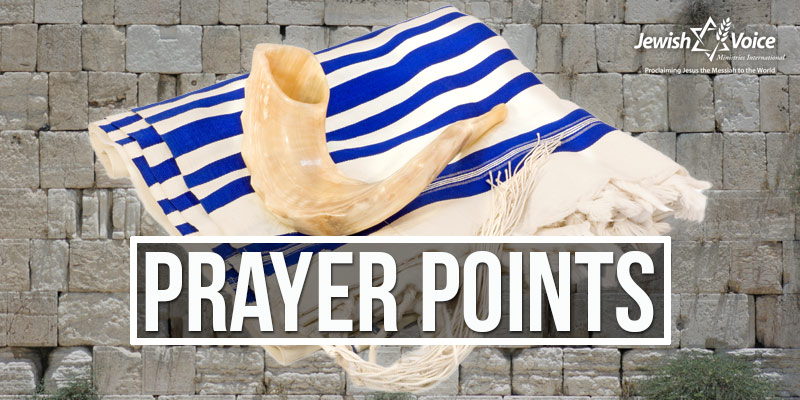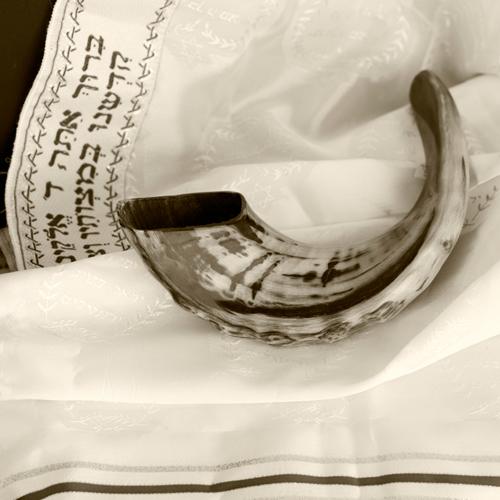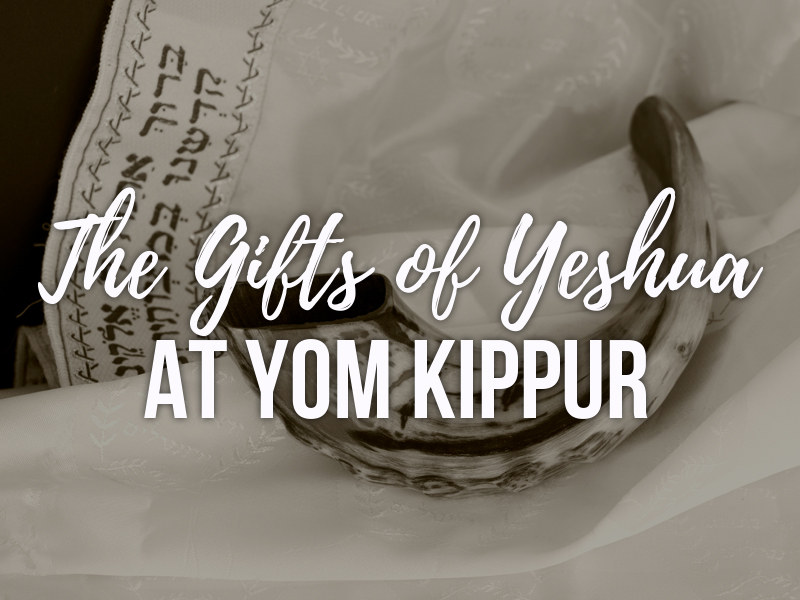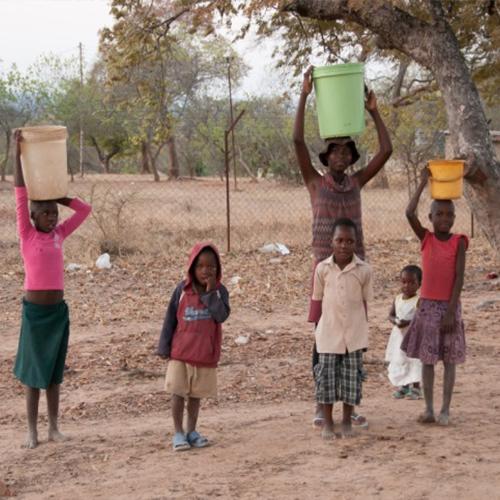The year 2011 began with the release of Jonathan’s second book, A Rabbi Looks at Jesus of Nazareth. In March, Jewish Voice Ministries announced the birth of Hannah Bernis, Jonathan and Elisangela’s second daughter.
As Jonathan’s family was growing, so was the ministry and staff of Jewish Voice. The media department remained at the studio facility, but other departments moved into a new building with space for a chapel, prayer room, a warehouse for product inventory, and ample room for the Global Outreach team’s Medical Clinic preparations.
In the news, Venezuela, Argentina, and Brazil announced they would recognize a Palestinian state with a Jerusalem capital. Jonathan told Jewish Voice Today readers: Standing with Israel has never been popular, and I believe it’s going to become even more divisive issue in the months ahead.
Jewish Voice will always stand with Israel – the Apple of God’s eye – and will inspire and equip you with what you need to stand firm as well. Jewish Voice held a three-night festival in Rosario, Argentina, in August 2011, and 9,500 people attended and enjoyed the lively music and dancing. The festival resulted in 450 people coming to new faith in Yeshua (Jesus) along with 3,000 who filled out cards to receive more information; 300 of those acknowledged being Jewish.
By the beginning of 2012, the world had already been chattering for some time about the ancient Mayan calendar that went no further than 2012. As the world panicked wondering if this was a prophecy of the world’s end, Jonathan Bernis encouraged Believers saying, “Though the world around us may be reeling with uncertainty, we have ‘put our hope in the living God’ (1 Timothy 4:10).” That same year, the organization introduced its Jewish Voice Today readers to perhaps some of the most difficult-to-reach Jewish people, those living right here in the United States. In his opening letter of the March/April issue, Jonathan explained: Generally speaking, American Jews are not as open to the Gospel as Jewish communities in Ethiopia or India.
The Western Jew may be put off by Christian terminology, which harkens back to a 2,000-year legacy of persecution in the name of Christ and Christianity. The Western Jew may not see his need for a savior or [may] have an entirely different expectation of Messiah, if any at all. Yet, the biblical call remains the same: “To the Jew first” (Romans 1:16). We must be willing to answer the call and take the Good News not only to the Jews scattered around the world, but to those here in America as well. Jewish Voice Ministries worked to prepare for the launch of a television special that was three years in the making.
The following year, the ministry would share the miraculous story of Israel and reach out to American Jewish people with the message of the Messiah. In September, 22,700 people attended the Mexico City Hear O’ Israel Festival of Jewish Music & Dance held in the Auditorio Nacional. A big part of each festival is the street ministry that takes place the week before the events.

As team members distributed invitations on the streets of Mexico City, they also led 302 people to faith in Yeshua. In all, 773 people accepted the Messiah, and Outreach partners planted Gospel seeds among tens of thousands. Also in 2012, Jewish Voice conducted its first Medical Outreach to a newly encountered group of Jewish people with clear ties to the ancient Levites – the Lemba of Zimbabwe. That first Clinic would launch an explosion of new Messianic Believers, leaders and congregations in Zimbabwe.
Find out more about the Lemba in next month’s edition of our JVMI 50th Anniversary blog series.
Join us on the Jewish Voice Blog each month in 2017 as we unfold the Jewish Voice story and show how two ministries with the same heart merged and became Jewish Voice Ministries International as you know it today.
Check out Flashback Fridays on our Facebook page, where you’ll see glimpses of our 50-year journey.
Discover the entire inspiring JVMI story with our beautiful, full-color coffee table book, Jewish Voice: A Look at 50 Years.
Through more than 200 photographs, it chronicles 50 years of ministry, including biographies, stories and reflections from television guests, partners and staff.
Previous JVMI 50th Anniversary blog posts:
The Early Years - Jewish Voice Broadcasts
Meeting, Partnering, and Merging



